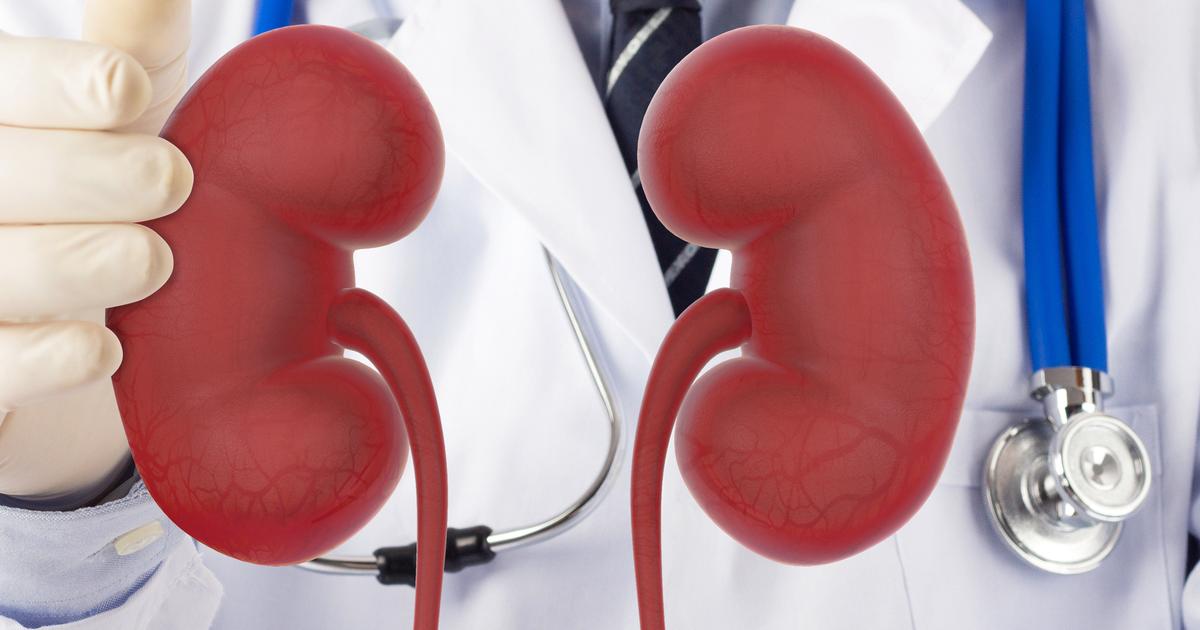What Is A Creatinine Test?
Creatinine is a chemical substance in an individual's blood that is a natural waste product of the normal functioning of the muscles in the body. Therefore, those with greater muscle mass naturally have higher levels of creatinine in their blood. Creatinine is filtered from the blood by the kidneys, which makes it a viable way to measure the function of the kidneys.
Approximately 0.6 to 1.2 milligrams per deciliter of creatinine can be found in the blood of a male who has normal kidney function, while 0.5 to 1.1 milligrams per deciliter can be found in the blood of a female who has normal kidney function. The discrepancy between the normal ranges for men and women is because men have more muscle tissue on average than women do. An individual's activity level, body size, and the medications they take can also influence their creatinine levels.
Purpose Of The Test

A creatinine test is most often performed to provide an individual's physician with information about how well the patient's kidneys are filtering waste and extra fluids from their blood. Millions of nephrons or tiny filter unit structures make up each of an individual's kidneys. Blood is filtered continuously through a blood vessel cluster in the glomeruli. When the number of nephrons and glomeruli are adversely affected, an individual's kidney function can decline.
Symptoms that may indicate a creatinine test is needed include fatigue, appetite loss, back pain, high blood pressure, vomiting, nausea, urine output changes, urine frequency changes, facial swelling, extremity swelling, abdominal swelling, and trouble sleeping. A creatinine test may reveal conditions, including glomerulonephritis or inflammation of the glomeruli, pyelonephritis or bacterial kidney infection, urinary tract blockage or kidney stones, diabetes, congestive heart failure, dehydration, drug-induced kidney cell death, and streptococcal infections. A creatinine test can also determine whether certain medications are causing kidney damage.
Preparing For The Blood Test

There is not much preparation needed for a blood test to determine a patient's creatinine levels. A patient undergoing a creatinine blood test should not fast, as it is not necessary. They must eat and drink as they typically would to produce a more accurate test result. An individual who is going to have a creatinine blood test should inform their physician of any prescription or over-the-counter medications they are taking at the time. The reason for this disclosure is because certain types of medications can alter the results of a creatinine test.
Some medications cause an increased level of creatinine in the blood even when the patient has perfectly functional kidneys. Medications that may interfere with the creatinine blood test include cimetidine, nonsteroidal anti-inflammatory drugs like ibuprofen and acetylsalicylic acid, any chemotherapy drugs, and cephalosporin antibiotics like cefuroxime and cephalexin. A patient's physician may advise them to stop taking certain medications a few days before undergoing the creatinine test for more accurate results.
